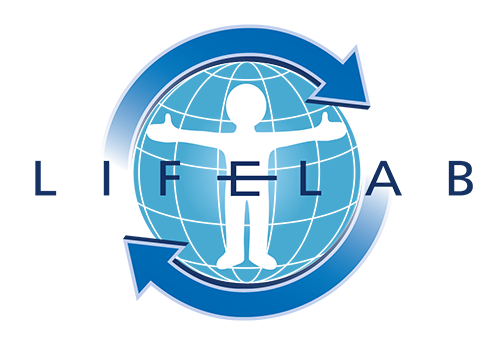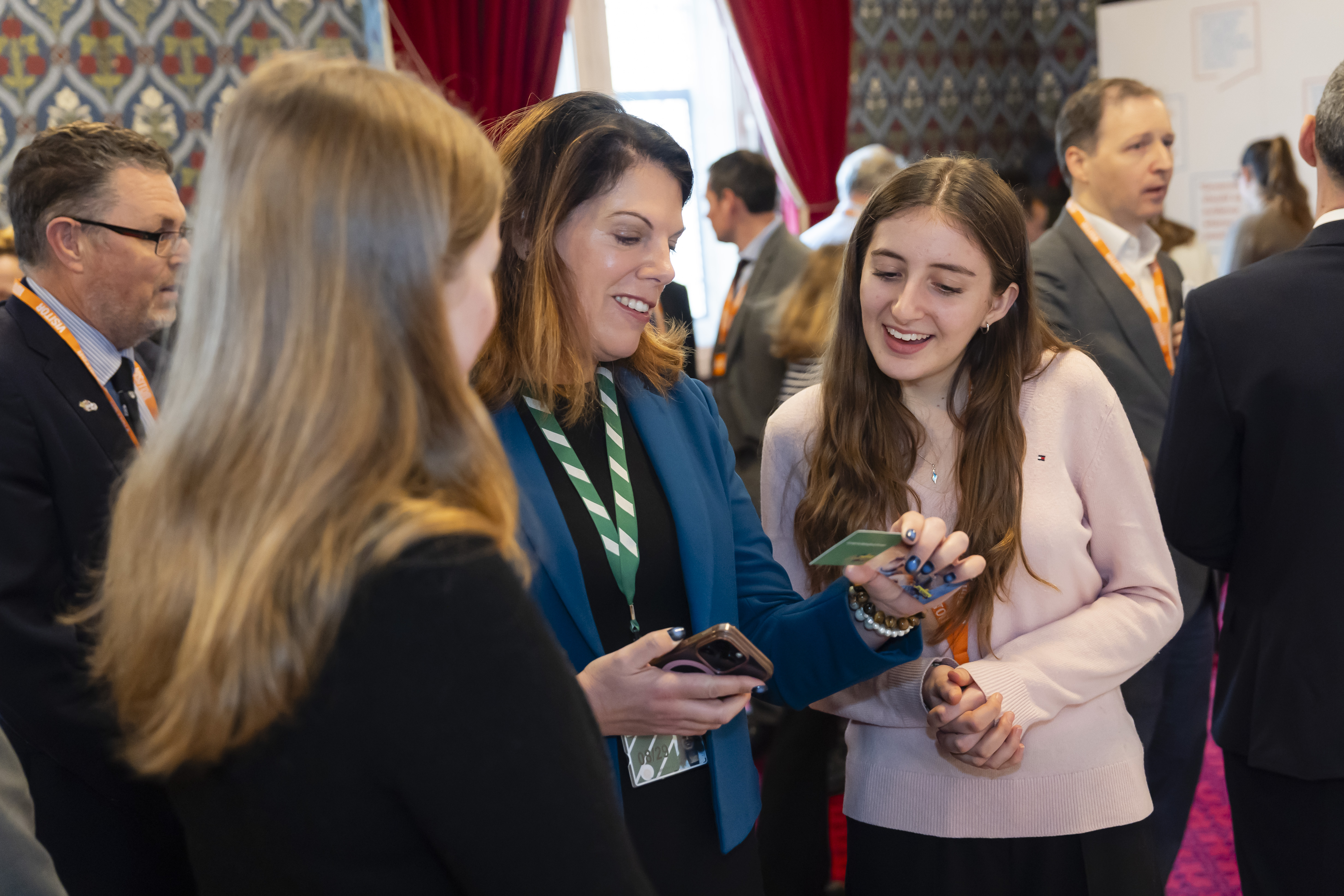
Southampton researchers and teenagers urge MPs to include young voices in future vaping policies
Researchers and young people from LifeLab at the University of Southampton have attended Westminster to urge MPs to consider young people’s views when making policies about vaping.
Vaping has risen sharply among young people, with a quarter of 11 to 15-year-olds using a vape last year. Young people are attracted to the fruity flavours, bright colours, and child-focused branding however, many young people are concerned about how easily they can access vapes and the marketing tactics used*.
 Speaking to MPs and parliamentary staff including Jonathan
Davies, MP for Mid Derbyshire, Lizzie Collinge, MP for Morecambe and Lunesdal
and local MPs Caroline Nokes and Darren Paffey at Evidence Week in Parliament,
the Southampton team encouraged policymakers to make young people active
partners in addressing the vaping crisis.
Speaking to MPs and parliamentary staff including Jonathan
Davies, MP for Mid Derbyshire, Lizzie Collinge, MP for Morecambe and Lunesdal
and local MPs Caroline Nokes and Darren Paffey at Evidence Week in Parliament,
the Southampton team encouraged policymakers to make young people active
partners in addressing the vaping crisis.
Professor Kath Woods-Townsend, LifeLab Manager was joined by Professor John Holloway, Associate VP of Interdisciplinary Research at the University of Southampton and Maddie Harris, 18, and Eva Morrill, 16.
Both Maddie and Eva took part in the LifeLab Youth Panel, which empowers young people to actively create and implement solutions that could improve their own health and that of their peers. Their panel focused on the role vaping plays in their lives. They worked with a Global Health Masters student to collect focus group data to develop resources to support schools and youth organisations to engage and educate young people about the dangers.
They presented their research, resources and recommendations to MPs during Evidence Week, a unique annual event bringing together the public, parliamentarians and researchers from across the UK to discuss how evidence from frontline research can inform policymaking in Parliament.
Kath said: “LifeLab was developed to not only help improve the health of younger generations but give them a voice in the issues that affect them and their peers. Our work with young people and schools has revealed the growing concerns that young people, teachers and parents have about vaping. We have a responsibility to learn the lessons from history and act now to provide healthy environments which enable the next generation to grow up and live their best lives. However, we must listen and involve young people in understanding the problem and identifying effective solutions.
“We were proud to attend Evidence Week and speak to MPs about what our research has found, especially alongside both Maddie and Eva. It was important to appeal directly to them to involve young people in their work.”
Eva added: “It’s so important that people can hear about the imperative nature of acting now. We still have this shortening moment when we can act and make legislation that will help to protect the health of our generation and many to come. If we don’t do this now, then who knows how large the consequences may be. These events help; they set up research connections and increase MP’s literacy in the current research topics affecting the nation and it was important to involve young voices. Many in the room agreed and wanted to increase the engagement of the youth. I think this is the right way forward and will ensure that the policies that are made today, and will affect us in the future, have been shaped by us too.”
If you want to read the policy brief click here